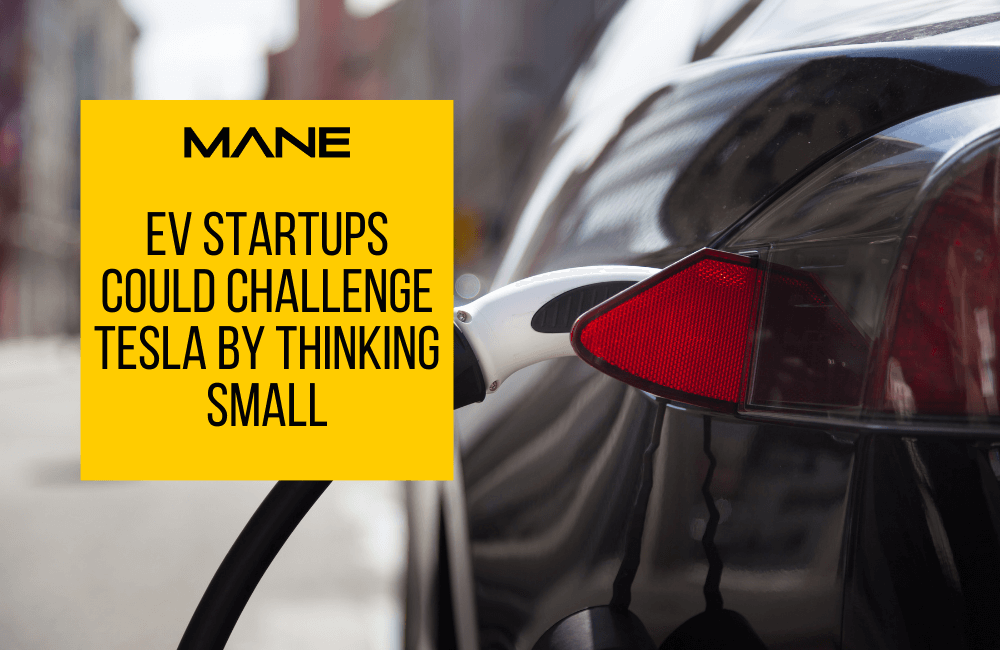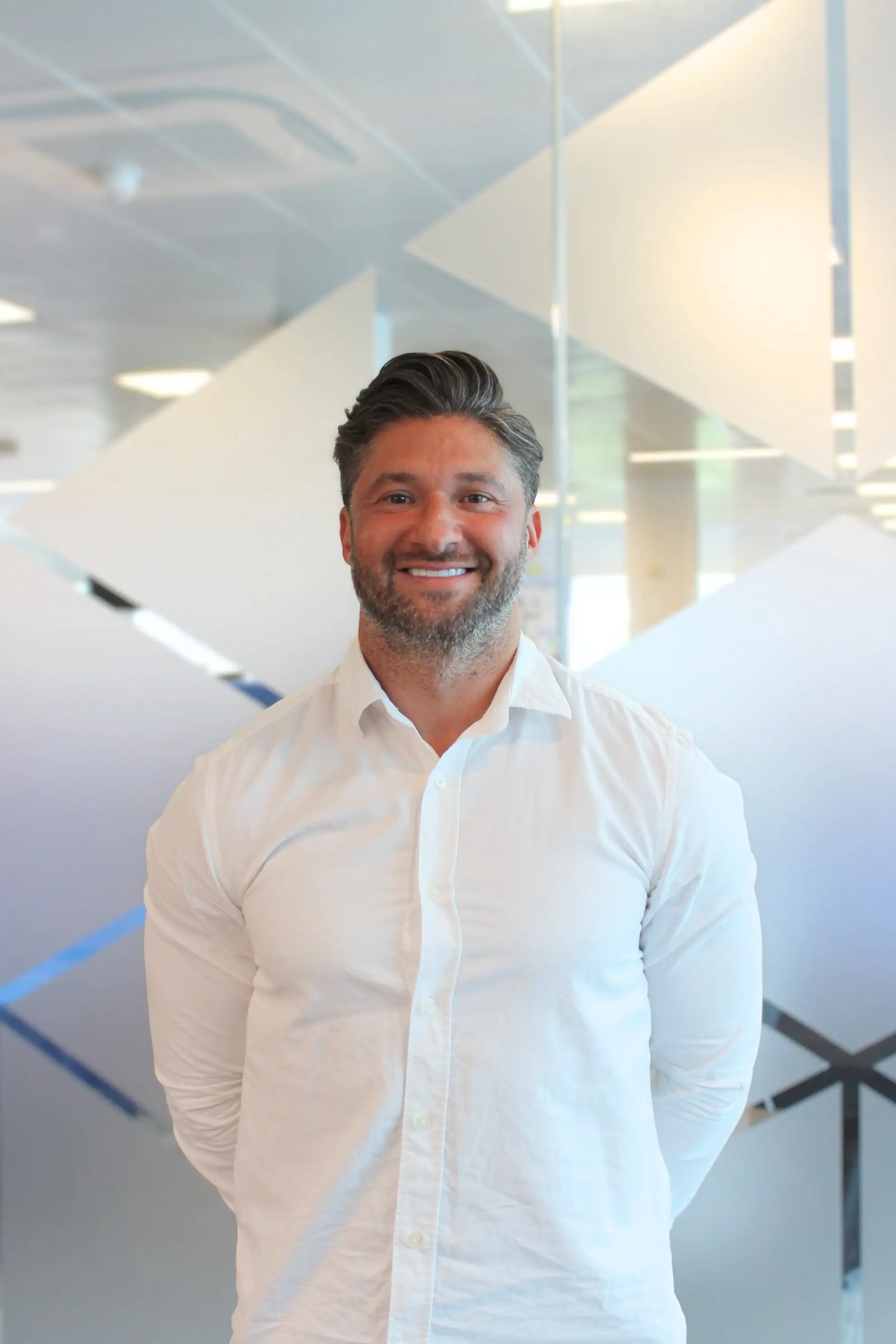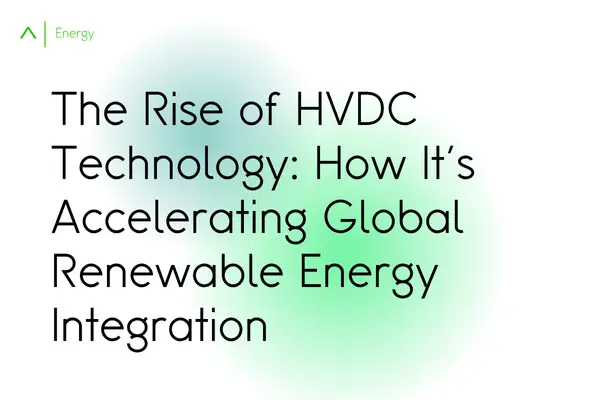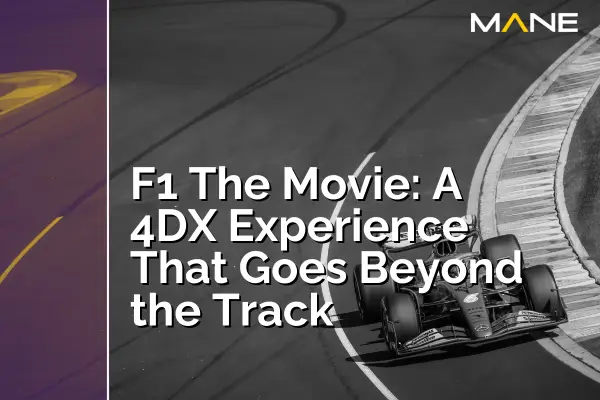EV startups could challenge Tesla by thinking small
27 Aug, 202110 minsMass production nearly bankrupted Tesla – in fact, it’s remarkable that it didn’t, said Elon...

Mass production nearly bankrupted Tesla – in fact, it’s remarkable that it didn’t, said Elon Musk in his July 26 earnings call. At one point, the company was producing cars in a tent outside the factory to meet production targets.
Musk warned that EV startups – at least those that haven’t gone the Rivian route of scoring $10 billion in Amazon funding – face a serious risk of falling at this hurdle. But some EV companies, like UK van startup Arrival and Californian hybrid carmaker Fisker, might just be able to stroll around it.
Traditionally, carmakers invest about $2 billion in a factory that can churn out hundreds of thousands of vehicles a year. Arrival has instead gone for “microfactories” costing a paltry $50 million and producing 10,000 vehicles a year, with no expensive equipment – and no expensive paint shops, as its vans are made of a coloured plastic composite that doesn’t need painting. And the plastic parts are made in custom moulds that cost thousands of dollars rather than the millions traditional metal dies cost.
Arrival plans to build microfactories close to major customers worldwide, saving on shipping and creating about 250 jobs for local workers in each location. The first microfactory, in Bicester, will serve as a template, and the next three are being constructed in North and South Carolina and in Spain.
Over in the US, EV maker Canoo is looking to hedge its bets by building a "mega-microfactory" that will act as a hub for future factories. And Electric Last Mile Solutions plans to start assembling prefinished vans made in China at a former GM plant in Indiana, saving hundreds of millions of dollars on stamping dies and welding equipment. The company will add more American parts as it grows.
Over in the US, EV maker Canoo is looking to hedge its bets by building a "mega-microfactory" that will act as a hub for future factories. And Electric Last Mile Solutions plans to start assembling prefinished vans made in China at a former GM plant in Indiana, saving hundreds of millions of dollars on stamping dies and welding equipment. The company will add more American parts as it grows.
Fisker and other EV startups, like Tel Aviv-based REE Automotive Holding, are outsourcing manufacturing to larger firms like Mitsubishi to cut costs. The eponymous CEO of Fisker, Henrik Fisker, said, "We are not here to set up our own factory in the desert."



